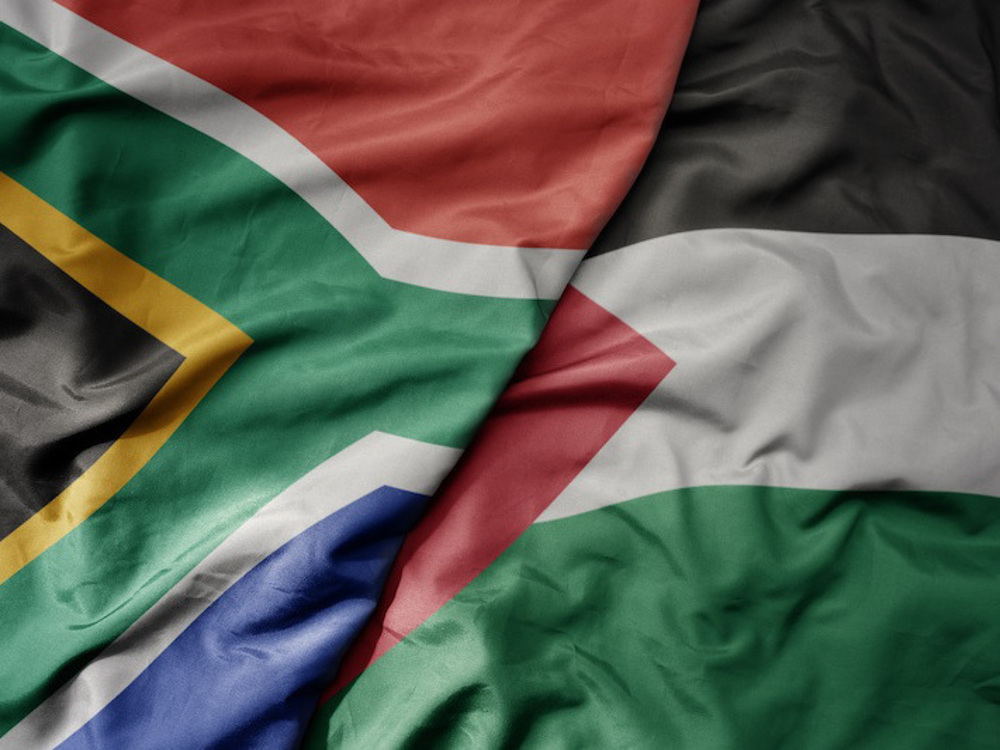Two dead in protests against Ethiopian PM Abiy: state media
At least two people have been killed and dozens injured in violent protests in Ethiopia against Nobel Peace Prize laureate and Prime Minister Abiy Ahmed, state media reported Thursday.
Tensions remained high in parts of the country after supporters of a high-profile opposition activist took to the streets Wednesday, burning tires and blocking roads following rumors of his mistreatment by state forces.
Jawar Mohammed, a member of the Oromo ethnic group who has been a public critic of Abiy, had accused security forces of trying to orchestrate an attack against him.
In a press conference Thursday flanked by opposition MPs, Jawar appealed for calm while blaming the authorities for stoking instability.
"The federal police, in a way which is dangerous and puts the country at risk, have attempted a big crime," he said in Addis Ababa, the capital.
"For the police, who are trying to test us, I think they got a good answer. Our people have proven that it is impossible to intimidate them."
Police had denied reports that Jawar's security detail was being removed to leave the popular and outspoken figure vulnerable to attack.
But for a second day running his supporters gathered in large numbers outside his residence after standing guard throughout the night, witnesses told AFP.
"All the people are at his house. People came even from outside Addis just to protect him. I walked eight kilometers to get here. We are suspicious of the federal police," said Ousman Abdulahi, one of Jawar's supporters.
Lives lost
Wednesday's clashes had resulted in deaths and injuries in Oromia, one of nine regions in the ethnically diverse country, the state-run Ethiopian News Agency reported Thursday.
"Unrest in Adama city on Wednesday has left two people dead, injured 50 others and caused extensive property damage," Dejene Muleta, the chief police commander for Adama, a town in Oromia, told ENA.
He did not elaborate on how the deaths occurred.
Shimeles Abdisa, vice president of the Oromia region, also acknowledged some deaths in an interview with regional media Wednesday night.
"I feel very sorry for the lives that have been lost today," he said. "I want to express my sympathy on behalf of Oromia regional state. We could replace the property which was destroyed but sadly we can't get back people who lost their lives."
Witnesses said the atmosphere was tense in Adama on Thursday, with protests and road closures for a second day.
"There are protests again today. The roads are closed and no one is going to school. People are at home. The hospitals are closed and people who need treatment are not getting it," said Tesfay Bekele, a resident in Adama.
The unrest highlights divisions within the ethnic Oromo support base that swept Abiy to power last year -- divisions that could undermine his position ahead of elections planned for May 2020.
As head of the US-based Oromia Media Network, Jawar played a crucial role in promoting anti-government protests that prompted Ethiopia's ruling coalition to appoint Abiy as the first prime minister from the Oromo ethnic group, Ethiopia's largest.
But the two men have been at odds recently, with Jawar openly criticizing some of Abiy's reforms.
(Source: AFP)
Leader: Iran has no proxies in West Asia
US fighter aircraft shot down ‘in friendly fire’ amid aggression on Yemen
Yemeni FM: Israel’s sponsors accountable for ongoing aggression on Sana’a
Eight Palestinians killed as Israel attacks Gaza school, hospitals
VIDEO | Rome, Milan host new protests in solidarity with Palestinians
Dec. 21: ‘Axis of Resistance’ operations against Israeli occupation
Spain jurists demand ties with Israel ties be cut
VIDEO | Press TV's news headlines










 This makes it easy to access the Press TV website
This makes it easy to access the Press TV website